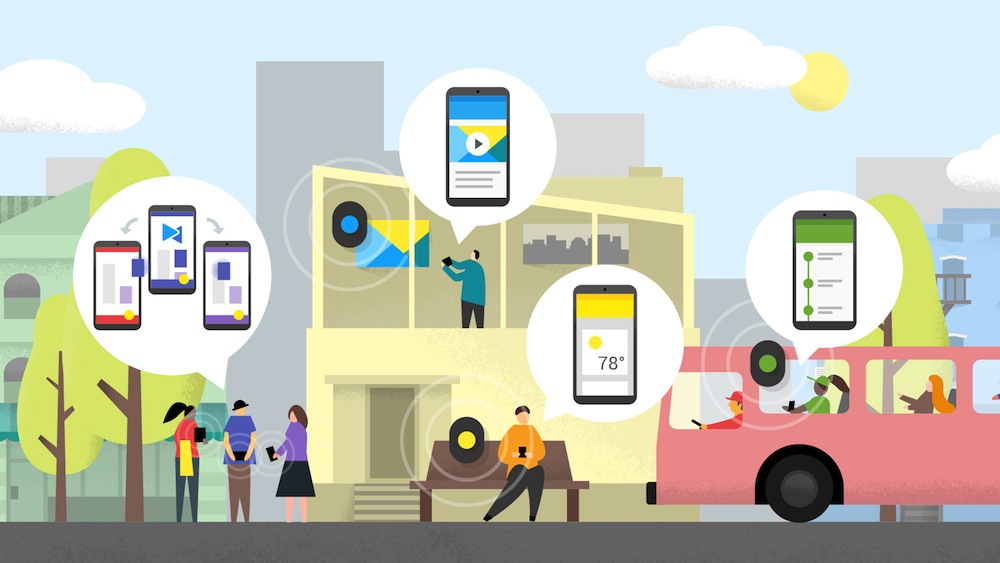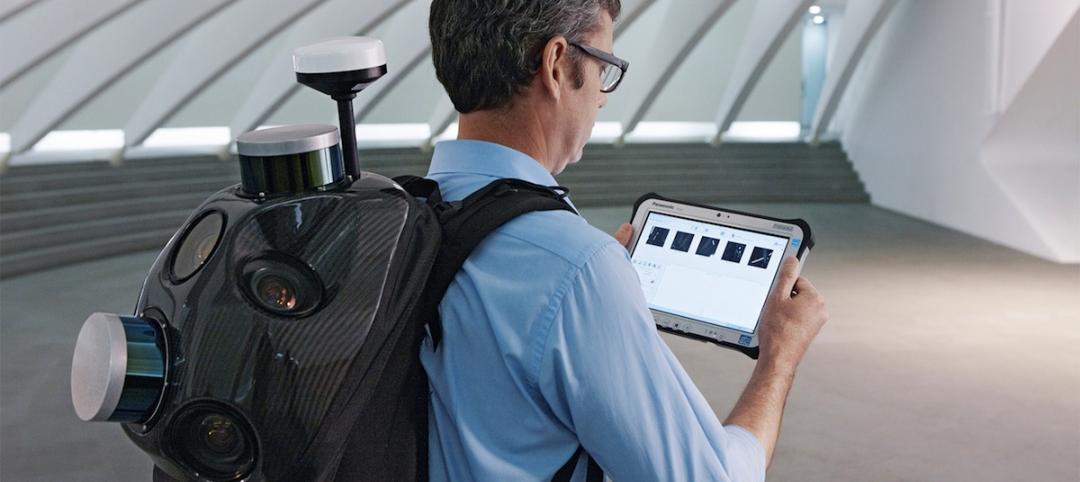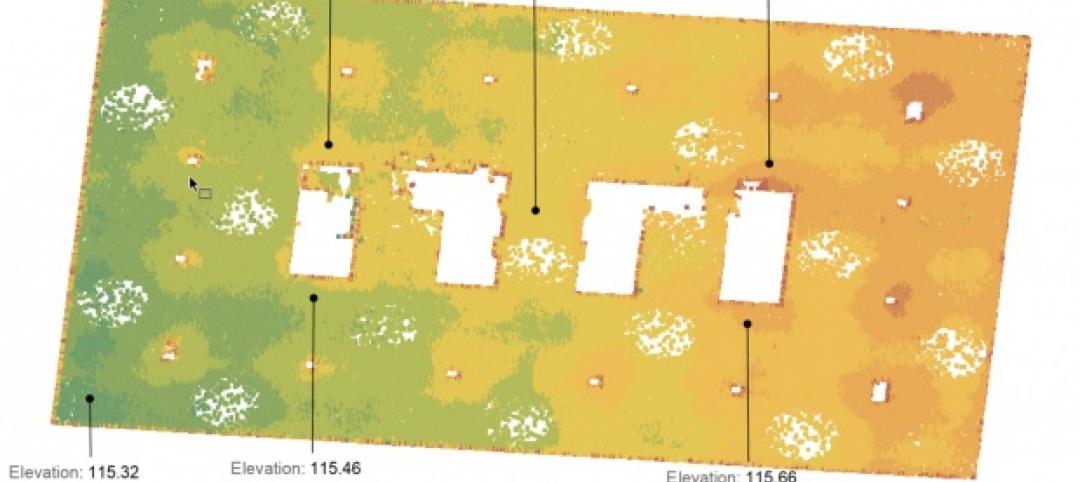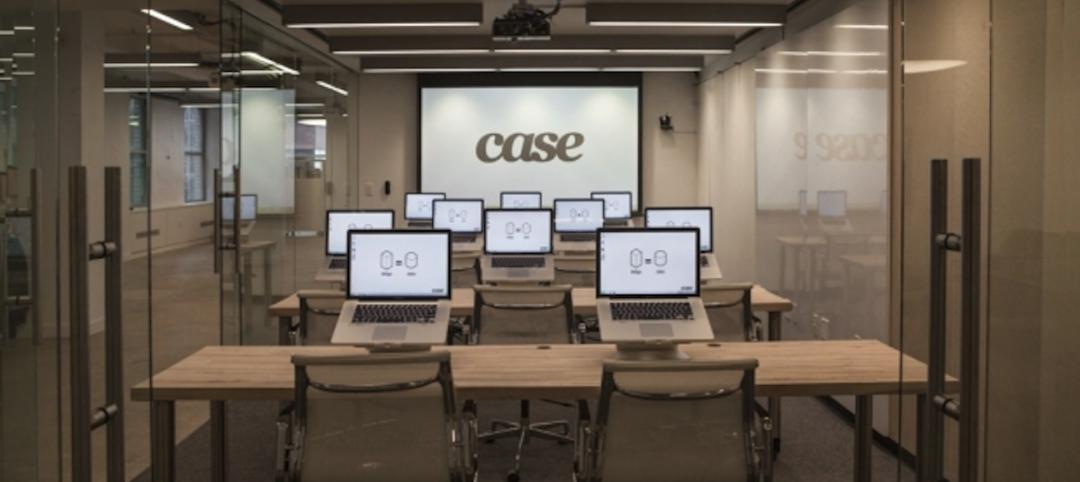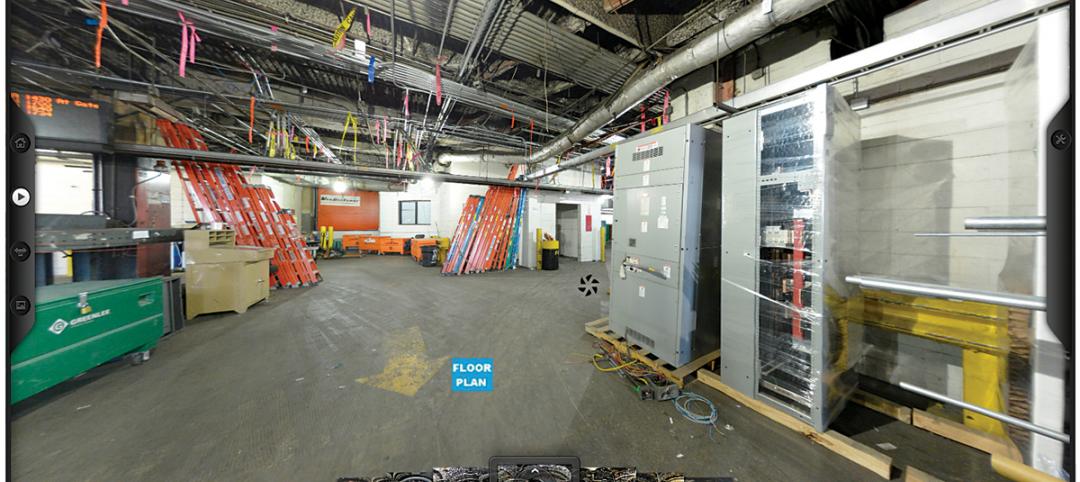In May, BD+C's blog partner, CASE, covered the rise of indoor positioning technology, and identified architectural applications for beacon technology.
BLE (Bluetooth low energy) beacons are small battery-powered devices that connect with tablets and phones that are in the immediate vicinity. This can enable businesses and other entities to send messages to users based on where they are in a certain space. Apple released the iBeacon in 2013, and the iOS8 update last summer made the innovation even stronger.
Mashable reports that Google will challenge Apple in this realm: The company unveiled Eddystone, a new BLE beacon format, along with tools that will let developers create apps along with the service. Google named the beacon after the Eddy Lighthouse in England, and the company has drawn the parallels between new beacon technology and classic guiding lighthouses.
Unlike iBeacon, which is only compatible with iDevices, Eddystone is cross-platform and discoverable by any Bluetooth smart device. It is open-source so any beacon manufacturer can make hardware compatible with it.
Though beacons usually broadcast information publicly, Eddystone has the option to communicate privately as well. The privacy feature, called Ephemeral Identifiers (EIDs), lets users track their luggage while traveling and find their keys, for instance.
For developers, Google released two new APIs. The Nearby API connects apps with other close devices and beacons; for example, users at an art museum can receive additional facts about a piece or display over their phones. The Proximity Beacon API allows developers to associate semantic location with beacons and store it in the cloud.
Eddystone is available on GitHub under the Apache v2.0 license. Google says Eddystone can be installed with a firmware update.
Related Stories
BIM and Information Technology | Jun 5, 2015
Backpack becomes industry first in wearable reality capture
Combining five high-dynamic cameras and a LiDAR profiler, Leica's Pegasus:Backpack creates a 3D view indoors or outdoors for engineering or professional documentation creation.
BIM and Information Technology | Jun 4, 2015
Why reality capture is essential for retrofits
Although we rely upon as-built drawings to help us understand the site for our design, their support is as thin as the paper they are printed on, write CASE's Matthew Nelson and Carrie Schulz.
BIM and Information Technology | Jun 3, 2015
More accurate GPS ready to change the way we shop, interact, and explore
New technology reduces location errors from the size of a car to the size of a nickel—a 100 times increase in accuracy. This is a major technological breakthrough that will affect how we interact with environments, the places we shop, and entertainment venues.
Sponsored | BIM and Information Technology | May 28, 2015
Does BIM Work as a Deliverable?
Sasha Reed sits down with industry professionals at the BIMForum in San Diego to talk about BIM technology.
BIM and Information Technology | May 27, 2015
4 projects honored with AIA TAP Innovation Awards for excellence in BIM and project delivery
Morphosis Architects' Emerson College building in Los Angeles and the University of Delaware’s ISE Lab are among the projects honored by AIA for their use of BIM/VDC tools.
BIM and Information Technology | May 26, 2015
Lego-like model building kit was created by an architect for architects
Arckit, as the system is called, was designed to a 1:48 scale, making it easy to create models accurate to the real-life, physical building projected.
BIM and Information Technology | May 26, 2015
Moore's Law and the future of urban design
SmithGroupJJR's Stephen Conschafter, urban designer and planner, discusses his thoughts on the 50th anniversary of Moore's Law and how technology is transforming urban design.
BIM and Information Technology | May 21, 2015
How AEC firms should approach BIM training
CASE Founding Partner Steve Sanderson talks about the current state of software training in the AEC industry and common pitfalls in AEC training.
BIM and Information Technology | May 13, 2015
5 smart tech trends transforming the job site
RFID labor tracking, 360 cameras, and advanced video tools are among the tech innovations that show promise for the commercial construction industry.
BIM and Information Technology | May 10, 2015
How beacons will change architecture
Indoor positioning is right around the corner. Here is why it matters.


